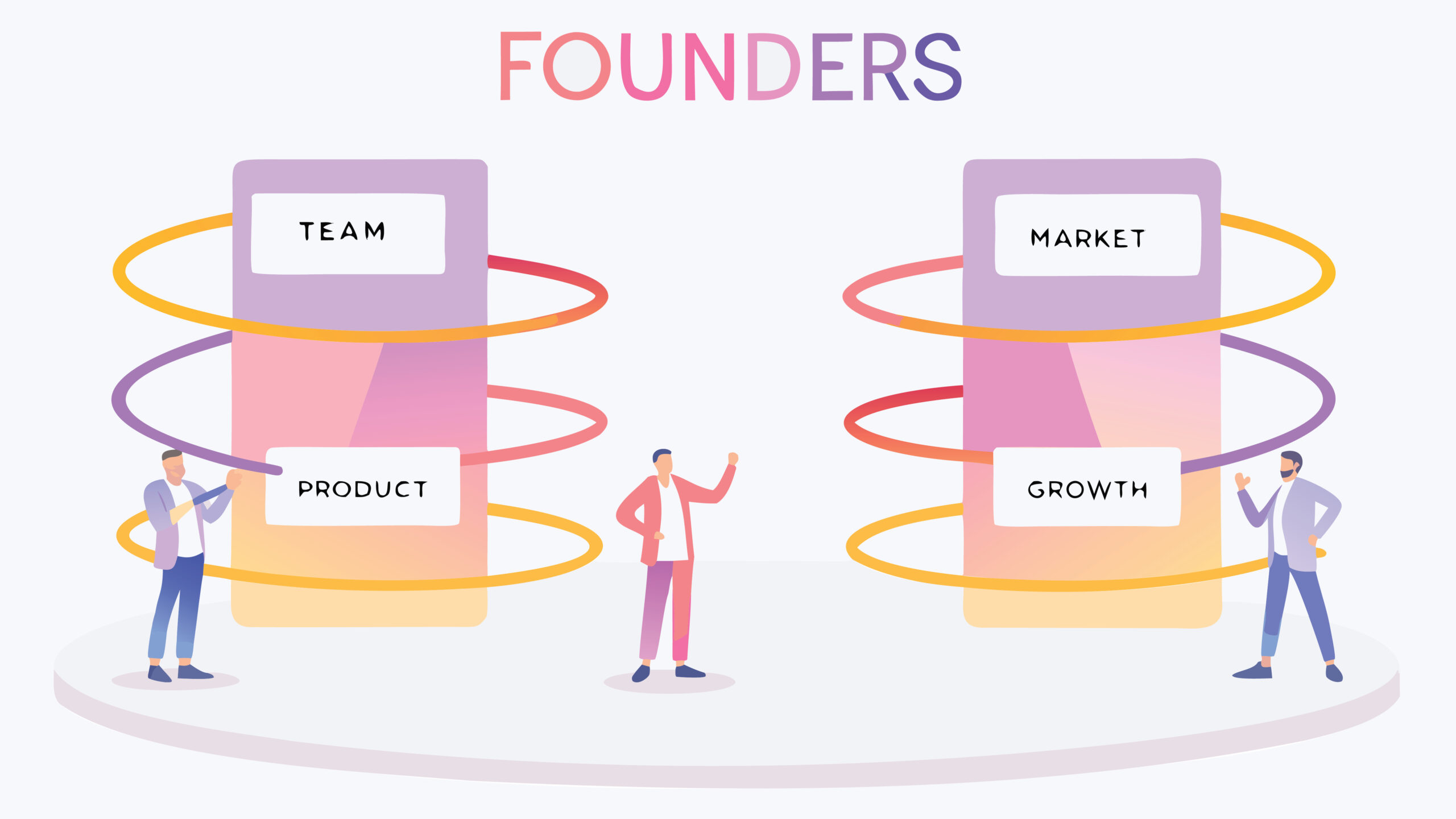Why Flexibility is a Superpower for Founders
One of the hardest — and most necessary — truths in entrepreneurship is this: your first idea probably won’t be the one that sticks.
And that’s okay. In fact, it might be the best thing that happens to you.
I’ve worked with enough founders over the years to know that early-stage startups are less like blueprints and more like maps drawn in pencil. You start with a direction, not a destination. And the path you thought you were on? It usually changes. Sometimes a little. Sometimes a lot.
The question isn’t if you’ll need to pivot — it’s whether you’ll notice when it’s time.
What You Learn Is More Valuable Than What You Build
I’ve always believed that the early days of a startup are less about execution and more about discovery. You’re learning — not just about your product, but about your market, your customers, your real value. And sometimes what you discover contradicts everything you assumed at the start.
It’s not failure. It’s information. And it’s what you do with that information that makes the difference.
Do you cling to the original idea because you’re emotionally attached? Or do you step back, look at what the market is telling you, and ask: Where is the real opportunity here?
Listen Hard. Pivot Smart.
The best founders aren’t just visionaries — they’re great listeners. They listen when customers tell them what’s not working. They notice when users behave differently than expected. They see patterns in the data and shifts in the landscape.
And when they realize their product isn’t quite right — or their market isn’t quite ready — they adapt. They pivot.
That might mean changing your pricing model. Or switching customer segments. Or ditching your original product entirely and building something new based on what you’ve learned.
These aren’t signs of weakness. They’re signs of clarity.
I’ve Seen the Pivots That Worked
I’ve watched founders go from building an app for consumers to realizing their value was in enterprise. I’ve seen teams chase one idea for months, only to discover that a side feature — something they almost cut — was the real winner.
These pivots didn’t happen because someone panicked. They happened because someone paid attention.
And almost every time, the new direction felt more solid. More aligned. More… obvious in hindsight. That’s the magic of a good pivot — it doesn’t feel like starting over. It feels like finding your lane.
Your Job Isn’t to Be Right — It’s to Be Ready
I think we put too much pressure on getting it right the first time. But building a startup isn’t a test with one correct answer. It’s a process of refinement — and resilience.
Your job isn’t to have all the answers. Your job is to be curious enough to ask better questions. To stay close to the problem. To trust that the value you’re creating may not look exactly like your original pitch deck.
The founders who succeed aren’t the ones who hold on tightest to their original idea — they’re the ones who stay open, pay attention, and keep moving.
Final Thought: Pivoting Isn’t Giving Up — It’s Leveling Up
If you find yourself at a crossroads, wondering whether it’s time to change direction, don’t see that as a step backward.
It might be the moment you stop guessing — and start building the thing the world actually needs.
So ask yourself: What are my customers really telling me?
And more importantly: Am I listening?
AI assisted the writer in articulating these ideas

